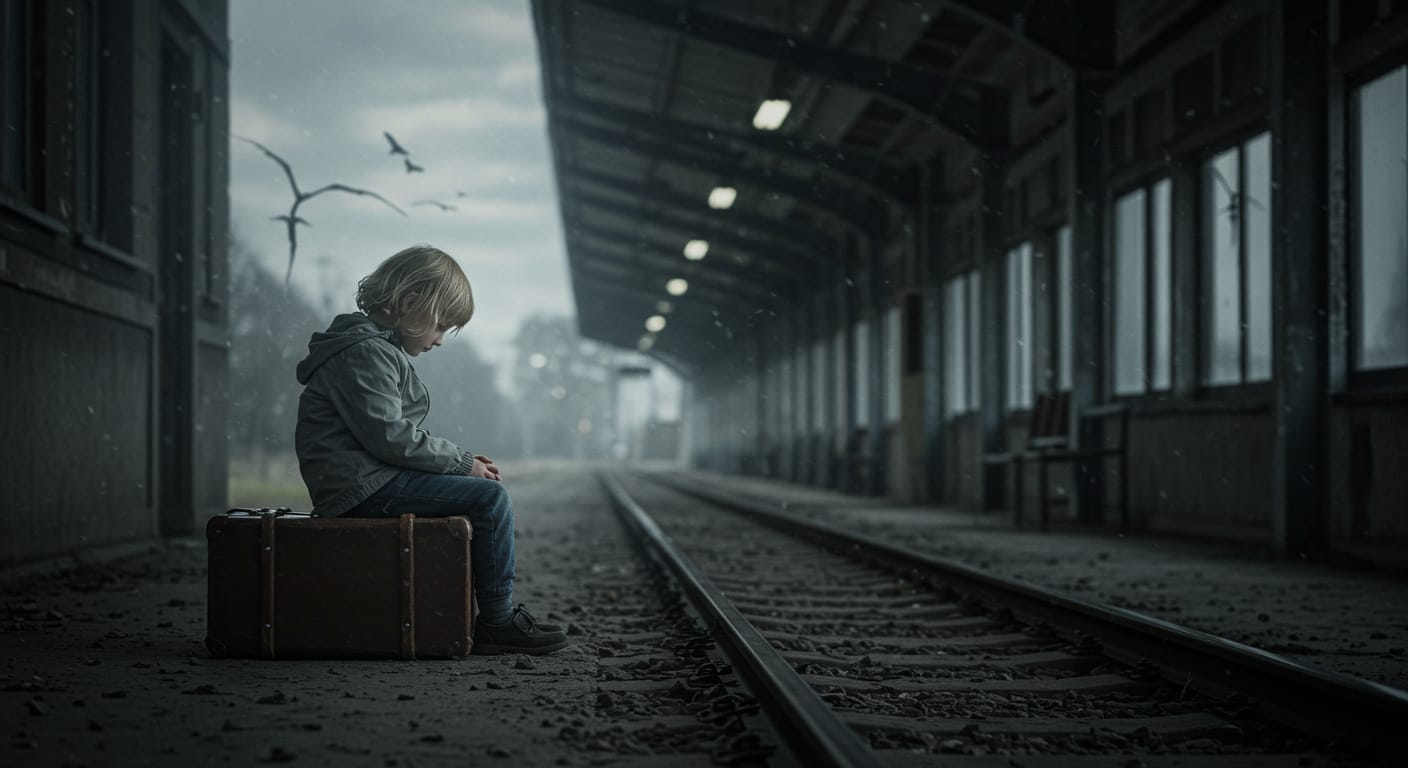Emotional Scars
Child abandonment is a deep and painful issue — not just in the U.S., but globally. Each year, millions of children are left behind by one or both parents and placed in the care of the state, relatives, or orphanages. In developing countries, the situation is even more severe, where child abandonment accounts for up to 45% of institutionalized children. In the U.S., more than 30% of children live in single-parent households, many the result of abandonment.
These children carry scars that can last a lifetime — emotional, psychological, and even physical. And while healing is possible, it takes time, patience, and support.
Healing the Scars
Being abandoned by a parent, or even feeling emotionally disconnected from one, can deeply affect a child’s self-worth and mental well-being. Without the emotional security and unconditional love that stable parenting provides, children may internalize the trauma, believing:
-
“I’m not important.”
-
“I’m unlovable.”
-
“I did something wrong.”
They often feel ashamed, even though the abandonment is never their fault. These feelings can fester into low self-esteem, trust issues, and emotional withdrawal, especially without proper intervention.
The Invisible Rejection
Even children with two caring parents may sometimes feel rejected — especially if they perceive they aren’t meeting expectations. When a child feels they must hide parts of themselves to be accepted, they begin to feel isolated. They may withdraw or act out in a cry for validation.
“Every child needs to feel loved for who they truly are — not just who they think they’re supposed to be.”
If children believe love is conditional, they may carry these beliefs into adulthood, impacting their relationships, their confidence, and even their future parenting.
Early Love, Lasting Impact
That’s why it’s vital to communicate love clearly and early. Children need more than toys or rewards — they need to hear:
-
“I love you.”
-
“You matter.”
-
“I see you.”
Frequent affirmations of love, encouragement, and emotional presence can help rebuild the fractured sense of self that abandonment leaves behind. Without this, children may develop attachment disorders, anxiety, and a chronic fear of rejection.
When Parents Can’t Stay
Some parents leave not out of cruelty but out of crisis. Teen mothers, for example, may lack the resources or emotional maturity to raise a child. Others may face addiction, incarceration, abuse, or mental illness — leading to separation. Regardless of reason, the child still grieves the absence and feels a heavy, unfair burden of blame.
Children abandoned or neglected often believe they are undeserving of love — especially from the person who gave them life.
Orphanages and Foster Care
While conditions in modern orphanages and foster systems have improved, they can’t replace the love of a parent. Many children still suffer in institutional care — physically, emotionally, or developmentally.
Statistics show that youth raised without stable family support are more likely to face challenges such as:
-
Emotional detachment
-
Substance abuse
-
Difficulty in relationships
-
Academic struggles
There are no simple answers, but there is always one starting point: affirming love and safety.
You Can Make a Difference
If you suspect your child feels abandoned — whether physically or emotionally — the best step is to be present. Reassure them. Tell them they’re loved. Tell them they matter. Sometimes healing begins not in therapy rooms or long speeches, but in quiet moments of attention and genuine care.
The scar may never fully disappear… but with love, it can fade.



Child abandonment is a complex and difficult issue. In many cases, child abandonment falls under the heading of child abuse, while in other cases, states have created solutions for parents who no longer feel they can care for their own children. Each state has its own laws concerning child abandonment, the rights of a parent to give up their newborn, and the termination of parental rights.
Thank you for your support.
My heart goes out to these children. I’m giving them a big hug right now :). Thank you for sharing this issue.
Corina, Thank you for your support.
We were foster parents foe some time. So sad such wonderful souls are left by parents.
Yes, a sad story for some kids. Debbie thank you for continue support.